All Formats & Editions

The Jungle: The 1906 Uncensored Version
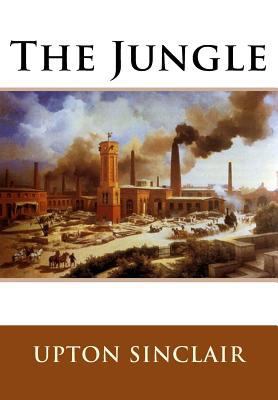
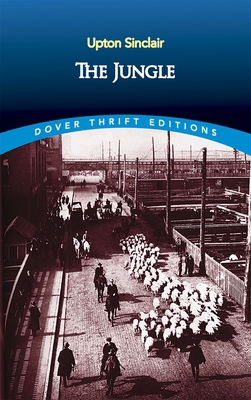
The Jungle
An ardent activist, champion of political reform, novelist, and progressive journalist, Upton Sinclair is perhaps best known today for The Jungle -- his devastating expos? of the meat-packing industry. A protest novel he privately published in 1906, the book was a shocking...


The Jungle
The Jungle is one of the most famous muckraking novels in modern history. Set in Chicago at the dawn of the 20th century, it tells the story of an immigrant Lithuanian family trying to make it in a new world both cruel and full of opportunity. Their struggles are in part a vehicle...
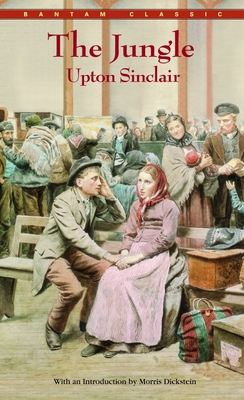
The Jungle
In this powerful book we enter the world of Jurgis Rudkus, a young Lithuanian immigrant who arrives in America fired with dreams of wealth, freedom, and opportunity. And we discover, with him, the astonishing truth about "packingtown," the busy, flourishing, filthy Chicago stockyards,...
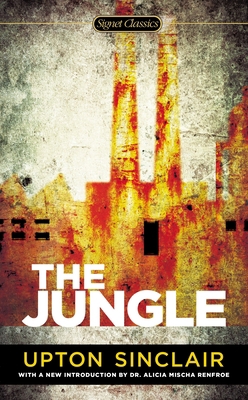
The Jungle
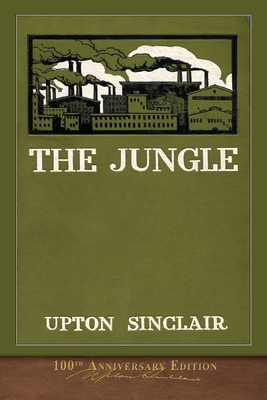
The Jungle: Illustrated 100th Anniversary Edition
A nice version with 34 illustrations and photographs that bring the working conditions to life. The Jungle is a 1906 novel portraying the harsh conditions and exploited lives of immigrants in the United States in Chicago and...

The Jungle (Penguin American Library)
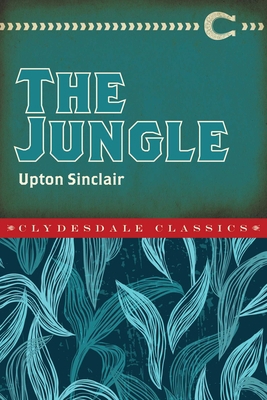
The Jungle
"The Uncle Tom's Cabin of wage slavery." --Jack London. Sinclair's masterpiece is an honest, sometimes brutal, tour de force that opened America's eyes to the struggles and horrors many immigrants endured. Welcome to Chicago during the early 1900s. Upton...

Upton Sinclair's the Jungle (Bloom's Modern Cri...
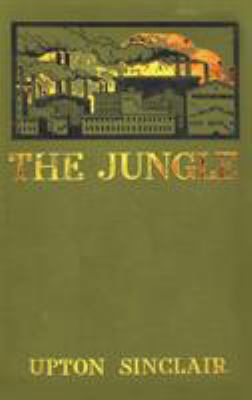
The Jungle
About packing meat. The Jungle is a 1906 novel written by the Pulitzer Prize winning journalist Upton Sinclair (1878-1968). Upton Sinclair wrote the novel to portray the changing lives of immigrants traveling to the United States and landing in Chicago or other industrialized...

The Jungle
The Jungle is a 1906 novel written by the American journalist and novelist Upton Sinclair (1878-1968). Sinclair wrote the novel to portray the harsh conditions and exploited lives of immigrants in the United States in Chicago and similar industrialized cities. However, most readers...

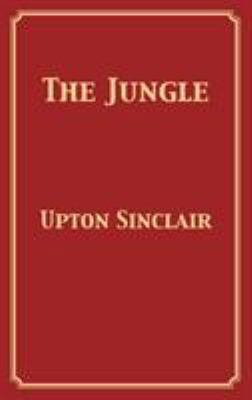

The Jungle by Upton Sinclair
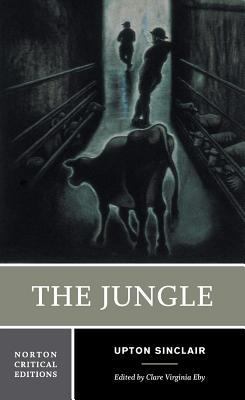
The Jungle
This story of the immigrant experience in the harrowing Chicago stockyards has drawn comment from historians, policymakers, and literary critics, and it is a widely assigned teaching text. The novel is accompanied by an introduction and explanatory annotations.
Contexts...

The Jungle (Bantam Classics)

The Jungle
"...and the wild beast rose up within him and screamed, as it had screamed in the Jungle from the dawn of time." Jurgis Rudkus and his family fight against all odds to survive in the urban jungle of Chicago, and find themselves unable to prevent their descent into abject poverty...

The Jungle: The Uncensored Original Edition
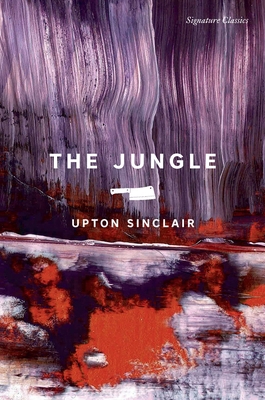
The Jungle
It is the dawn of the twentieth century. Two young Lithuanian immigrants, Jurgis and Ona, hold their wedding celebration in Packingtown, the heart of Chicago's meatpacking district. According to custom, departing guests should give money to help pay for the party and start the...
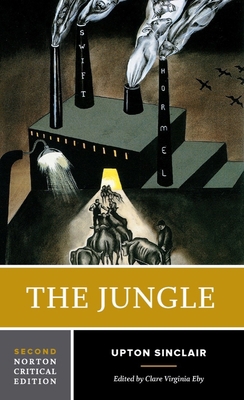
The Jungle: A Norton Critical Edition
This Norton Critical Edition includes: The Doubleday, Page and Company edition of The Jungle, published in 1906. Revised and expanded introduction, headnotes, and explanatory annotations by Clare Virginia Eby. Thematically organized contexts and criticism with more than twenty...
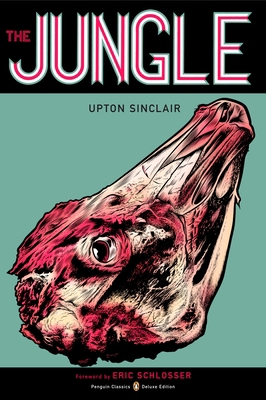
The Jungle: (Penguin Classics Deluxe Edition)
Upton Sinclair's dramatic and deeply moving story exposed the brutal conditions in the Chicago stockyards at the turn of the nineteenth century and brought into sharp moral focus the apalling odds against which immigrants and other working people struggled for their share of...
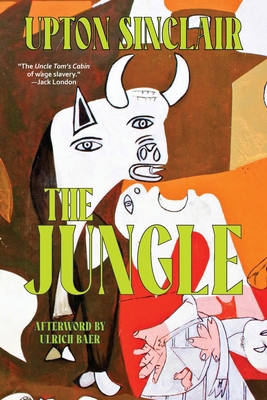
The Jungle (Warbler Classics Annotated Edition)
A pivotal book that changed life in the United States, Upton Sinclair's The Jungle is one of the great radical novels of the twentieth century. Graphic, provocative, and uniquely impactful, the book traces the life of an immigrant family in pursuit of the American Dream in Chicago's...
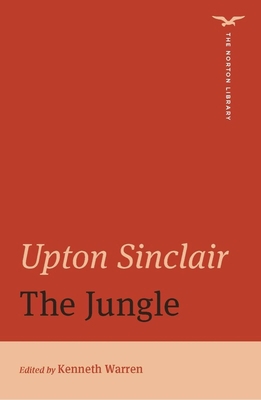
The Jungle (the Norton Library)
Part of the Norton Library series The Norton Library edition of The Jungle features the complete text of the first (1906) edition. An introduction by Kenneth W. Warren discusses the novel's biographical and historical contexts, its literary merits, and its successes (and shortcomings)...



